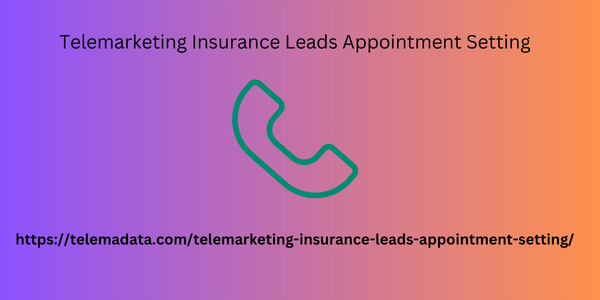Do cell phones lead to brain cancer The Cell Phone and Cancer Conundrum: Navigating Uncertainty
The ubiquitous presence of cell phones in our lives has raised concerns about their potential health risks, particularly the link to brain cancer. While this question has sparked decades of research, the answer remains somewhat murky. This article dives into the science behind the concern, explores the research findings, and suggests ways to navigate this uncertainty.
Cell phones emit radiofrequency
(RF) radiation, a non-ionizing form with less energy than the ionizing radiation (X-rays, gamma rays) known to damage DNA and cause cancer. Similar to radio and television waves, RF radiation carries much lower energy. However, the constant exposure to cell phones has fueled worries about its long-term effects.
Extensive research has been conducted
To investigate a potential link between cell phone use and brain cancer. Large-scale studies like the Danish Cohort Study and the Interphone Study, involving hundreds of thousands of participants, haven’t found a definitive connection. The World Health Organization’s International Agency for Research on Cancer (IARC) has classified RF radiation as “possibly carcinogenic to humans,” acknowledging limited evidence but not a definitive cause-and-effect relationship.
Some smaller studies have
Shown weak associations between heavy cell Telemarketing Insurance Leads Appointment Setting phone use and an increased risk of certain brain tumors. However, these findings are often inconclusive due to the difficulty of accurately measuring past cell phone usage and the influence of other lifestyle factors.
While there’s no clear link yet, ongoing research is crucial, especially as cell phone technology and usage patterns evolve. Additionally, factors like age at first use, specific phone types, and genetic predisposition could be areas for further investigation.
Addressing the Uncertainty:
Despite the lack of conclusive evidence, some people may feel a sense of unease. Here are some steps you can take to manage this uncertainty:
Critical Thinking: Seek information from b2b lead generation meaning reputable sources like government health agencies (e.g., National Cancer Institute) and established health organizations.
Open Communication:
Discuss your concerns with healthcare professionals to understand your specific risk profile.
Precautionary Measures: While not conclusive for cancer prevention, these practices can offer peace of mind:
Limit phone-to-head contact: Use speakerphone or headsets to
Sourcesinfo





